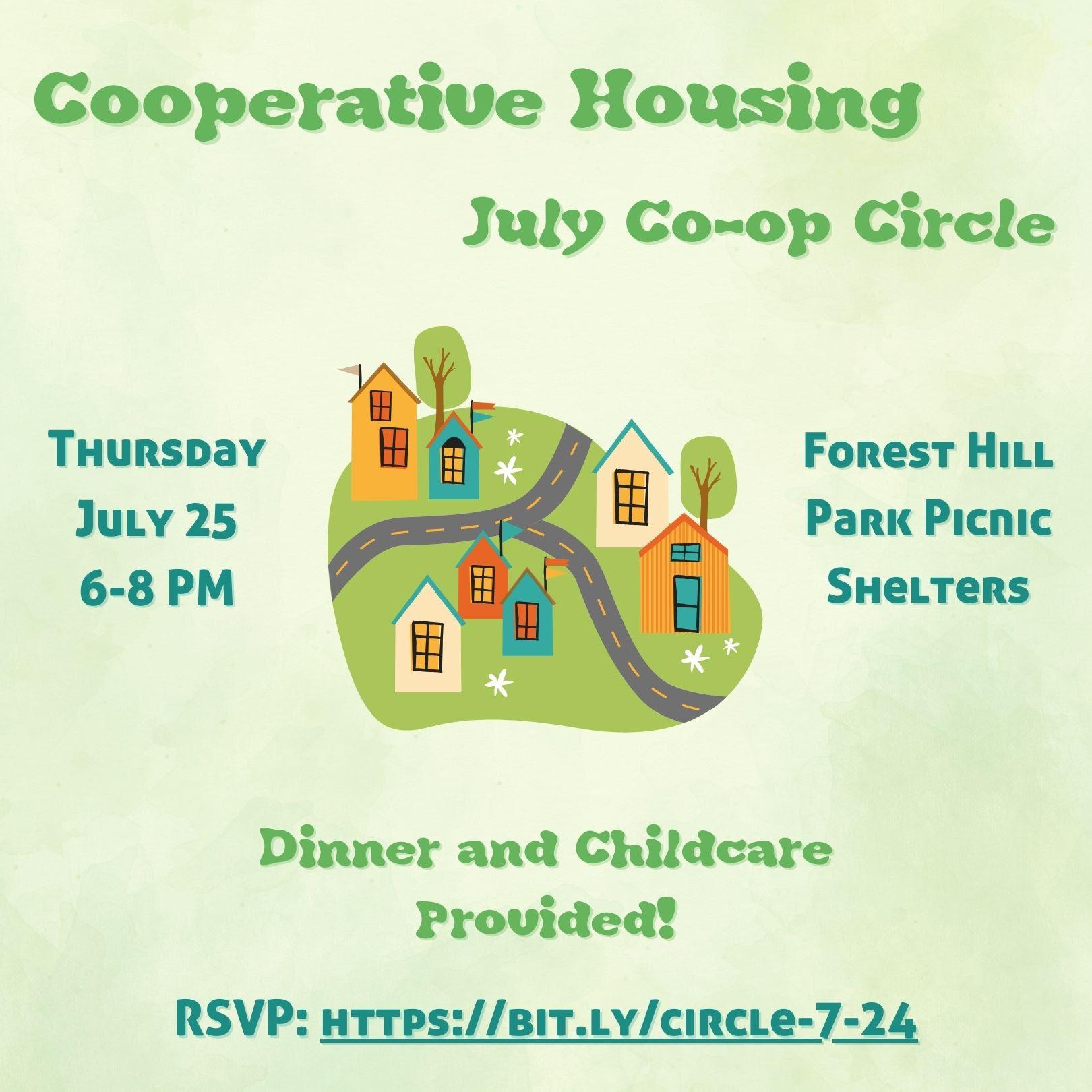The UN Human Rights Committee reiterated its concern about the large scale of intimidation and violence and the high rates of killings of human rights defenders committed by both State agents and private individuals or groups. The Committee was also disturbed by the difficulties faced by victims in accessing justice, the lack of effective investigations, and the delays in judicial proceedings. It called on Honduras to adopt effective measures to protect human rights defenders, particularly environmental and land rights defenders, journalists, trade unionists, agrarian and peasant activists, indigenous peoples, Afro-descendants, and LGBTI people. The State party should also promptly and thoroughly investigate these human rights violations, bring those responsible to justice, and provide full reparations to victims.
- Home
- About Us
- Issues
- Countries
- Rapid Response Network
- Young Adults
- Get Involved
- Calendar
- Donate
- Blog

